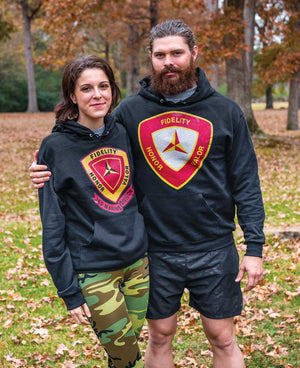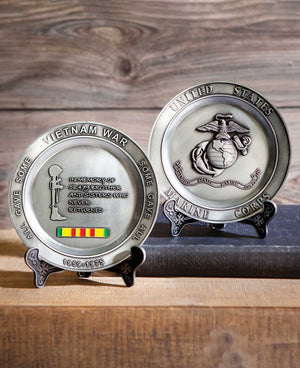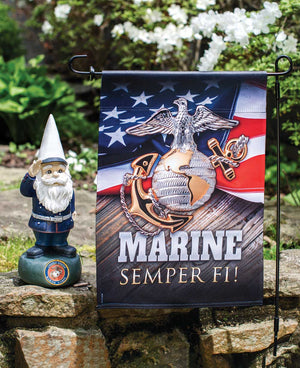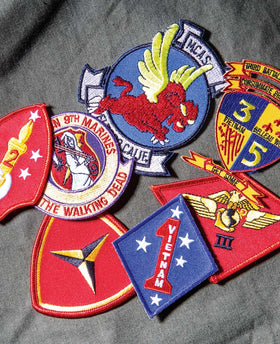Request a Catalog
The Scourge of PTSD
Like most Marines who have served in combat or experienced extreme, life altering, uncontrollable situations, I suffer from the affects of PTSD. With help, I’ve learned that it isn’t necessarily the event itself that causes the problem, but how we choose to allow it to affect our well being that really makes the difference.
I first began to have difficulties shortly after my first tour in Vietnam in 1967. At that time I would rely upon alcohol and bravado to get past the worst of symptoms, and it seemed to be the accepted treatment. I would go through another year and a half in Vietnam and it was 1980 before I first seen a Navy psychiatrist at the New London Submarine Base while I was on recruiting duty in Hartford CT. In 1983 I tried an Air Force psychiatrist while stationed at McDill AFB with USCentCom. Both misdiagnosed the condition as “life circumstances,” gave me some pills, a slap on the ass, and on my way. After I had retired from the Marine Corps I sought help from the Veterans Administration, who insisted on inpatient treatment with a large group of mostly losers and malingerers whose strategy was to complete the 30 days treatment plan and be awarded 100% service connected disability. I left against medical advice after five days of absurdity and swore to never step foot inside another VA medical facility.
At last, in 2001 I found my saviors in Dr. William Reed and Social Worker Dick Hefley. Dr. Reed had actually once worked for the VA, but left in disgust of the politics of the system. Dick had served in the Army with the Americal Division in the I Corps of Vietnam. Through a combination of medication and talk therapy over a number of years these men literally saved my life. I would like to share with you what they taught me over several years.
The goal, if possible, is to learn how to accept and deal with the circumstances of your situation without dependency on medications to exist day to day. Here are those lessons:
1. Nothing can change what happened to cause your PTSD. History is written in stone and no one has the ability to go back and change it. You must learn to accept it and deal with it in as positive a manner as possible.
2. There is no magic pill that will make it all go away, or change your memory. Medication can be used to treat the symptoms and ease the anxiety while you work to deal positively with the problem.
3. Avoid at all costs the “poor me” attitude which often accompanies PTSD after a period of time. It will only make it more difficult to obtain true lucidity.
4. Talk about it, talk about it, talk about it!!! Only through talk therapy can you convince yourself that you can deal positively with the things that happen to you.
Of course, I realize that I am not a psychiatric practitioner and that every case and person is different to some extent.
By: MSgt Edd Prothro, USMC Ret. 1964-1984







Comments
Leave a comment